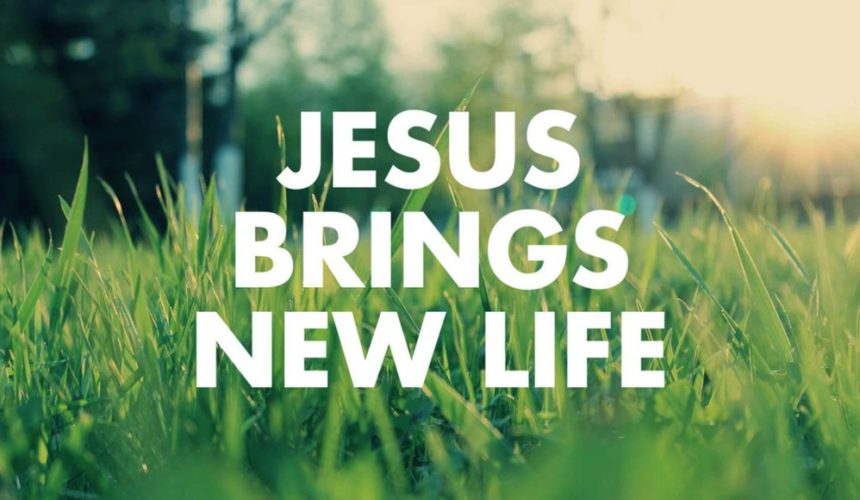THOUGHT FOR THE WEEK
Amidst all the other voices that evoke fear, make demands, or give advice, the voice of the good shepherd is a voice of promise—a voice that calls us by name and claims us as God’s own.
The question of Jesus’ identity arises often in John’s Gospel. While the other Gospels make much of Jesus’ frequent instruction for those who recognised him as Messiah not to tell anyone, John’s Gospel does not emphasise this “Messianic secret” as much.
Rather, in passages like the Gospel reading for this Sunday, Jesus seems quite comfortable to claim the title of Messiah – although still in an mysterious way.
One thing is very clear in all of the Gospels – Jesus was very different kind of Messiah from the one the people expected.
This is why the question of faith is central to John’s Gospel.
As in this week’s reading, John constantly contrasts those who fail to believe (or who believe only in miracles) and those whose faith is genuine.
At the heart of John’s picture of Jesus is the final statement in today’s reading: “The Father and I are one”.
This is not a statement about God’s gender.
It’s a statement about God’s nature.
If we want to know what God is like, we need only look to Jesus.
Any time our ideas about God contradict what we see in Jesus, we must know that we’ve misunderstood God.
Jesus reveals what God is really like – offensively inclusive, radically compassionate, restoratively just, and self-sacrificially loving.
This week our meditations will lead us into a deeper glimpse of how Jesus – the Good Shepherd – reveals God to us.
In John 10:22-30 Jesus uses the metaphor of a Good Shepherd to describe his mission. It’s easy to miss how provocative this would have been for the people of Jesus’ time. They would immediately have thought of Old Testament passages (like Ezekiel 34) in which the corrupt leaders of Israel were referred to as wicked shepherds, and in which God promised to be a Good Shepherd to God’s people. This means that in claiming to be the Good Shepherd, Jesus was stating pretty clearly that he was God’s Messiah. Yet, the people still asked him to tell them plainly whether he was the Messiah or not. To adapt the old saying: “There’s none so deaf as those who will not hear.”
There are a number of reasons why the Shepherd image is so powerful.
Remember, first of all, that Jesus was speaking to a pastoral people whose livelihood was deeply connected to the land, and to the animals that they raised on it.
Remember, also, that sheep were “clean” animals, often used for sacrifices, and so they represented what was acceptable to God, what was “clean” and what was righteous and good.
So, as the Good Shepherd, Jesus claimed to be one who cares for and protects God’s people – no one can snatch them away from him.
What a comforting commitment Jesus makes toward us in this simple statement!
Also, when he refers to his followers as sheep, he is saying that those who follow his way are “clean”, righteous and acceptable to God.
How good it is to know that following Jesus leads us into the way God calls us to live.
What does it mean for you today that Jesus is your Shepherd?
Do:
The practice of praise teaches us to see the world from God’s perspective. As we focus our attention and our devotion on God, we begin to see God’s values, God’s mission, and God’s view.
This, then, changes how we see ourselves, others and our world. Today, allow the act of praise to connect you more deeply with Jesus, the Good Shepherd.
Pray:
I praise you, Jesus, because you are my Good Shepherd, and I am part of your flock

